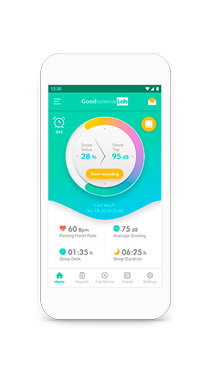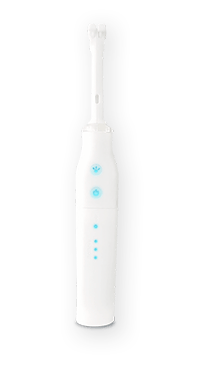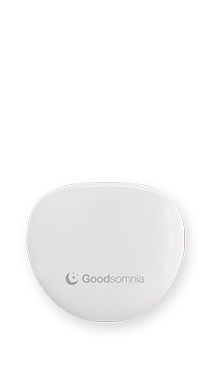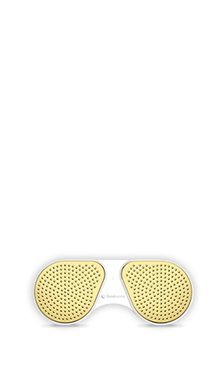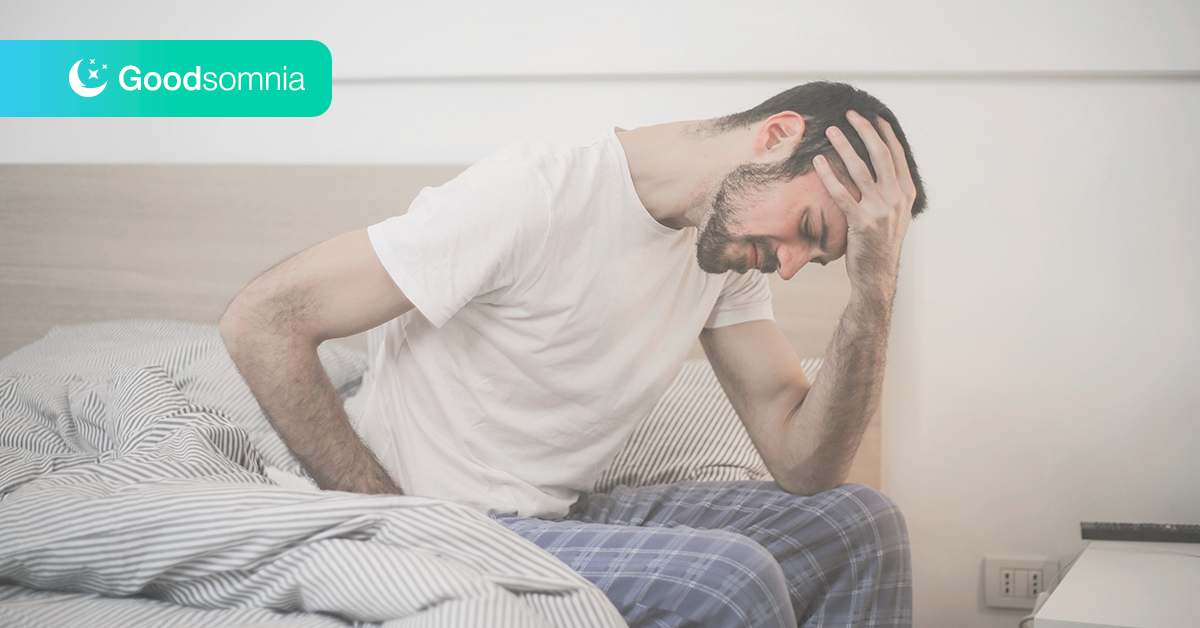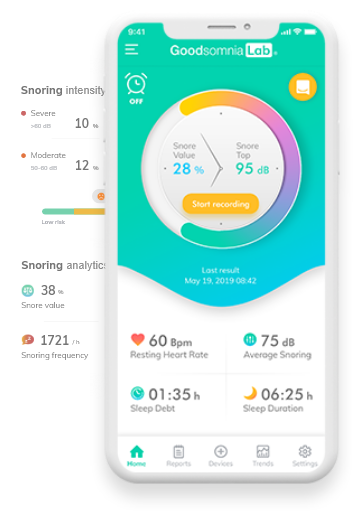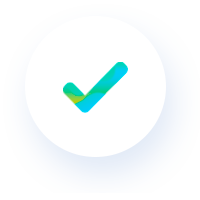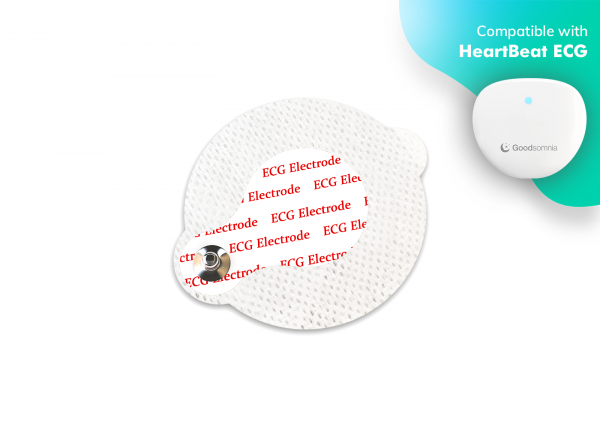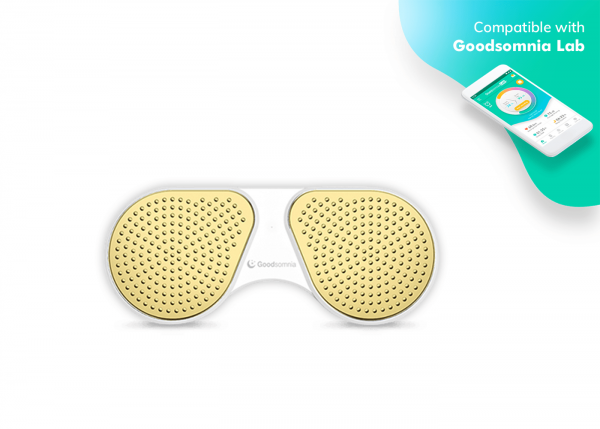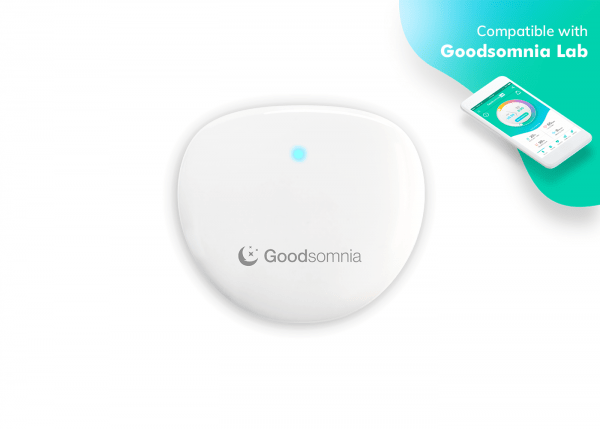Being aware is 50% of the treatment. The problem is ignoring the signs of the disease, and taking symptoms and bad feelings for granted. But what if the solution is simple? Here we tell you the 10 signs of sleep apnea and their symptoms.
What are signs of sleep apnea
While snoring is the most common sign of sleep apnea, it doesn’t mean every snorer has OSA. To detect what are signs of sleep apnea and what are not, let’s figure out the difference between sleep apnea signs and symptoms first.
A sign of any disease is a phenomenon that can be detected by other people. For example, your bed partner may notice you snoring, your colleagues find you tired.
A symptom is what you feel on your own, like insomnia, anxiety, fatigue. So, basically signs and symptoms come in tandem, they usually intersect. What’s crucial here is to pay attention to both. Noticing common signs, asking your bed partner and listening to what your body tells you is very important.
10 signs of sleep apnea
Here’s 10 obvious signs that you have sleep apnea.
- Loud and chronic snoring
- Choking or gasping following pauses
- Daytime sleepiness
- Morning headaches
- Waking up during the night
- Insomnia
- Difficulty concentrating
- Memory loss
- Sexual dysfunction
- Irritability
Note, having at least three of them is enough. In addition, there’re signs of severe sleep apnea you should be very precise with, we’ll tell about them later.
To give you a snapshot of what symptoms of sleep apnea are, here are the most common. Some will intersect with signs, and that’s ok. Because there’re a lot of symptoms that have external manifestations like awakening with a dry mouth, headaches, gasping for air during sleep and so on.
Keep this sleep apnea signs and symptom checklist to hand so you can help yourself and your close ones.
Warning signs of sleep apnea
Some signs of apnea can be invisible that you may not even suspect, while others you can’t ignore. What are the warning signs?
- Loud snoring. Snoring about 58-68dB will not disturb anyone but is enough to wake your bed partner. So, loud snoring is a sign of sleep apnea.
- This happens after a blockage clears and a person can breathe normally again. If gasping occurs each night, it’s prolonged and wakes you up, see a doctor.
Is bruxism a sign of sleep apnea?
We haven’t mentioned teeth grinding (bruxism) among the signs, symptoms of mild sleep apnea for a reason. Bruxism is considered to be a risk factor. It means a person with apnea can grind teeth during sleep more than a healthy person does. So, bruxism is among vivid physical signs of sleep apnea but it’s rather a consequence, not a symptom. There’re 2 theories why teeth grinding is a sign of sleep apnea.
- With OSA the production of stress hormones in the bloodstream increases, muscles activate, including the jaw muscles. And the response to that is clenching or grinding.
- Hypopnea is an episode of snoring during apnea. During it, the tissues in the upper airway collapse, creating airway instability, causing the brain to send signals to the jaw muscles to stiffen the softer sides of the throat. This is accompanied by grinding.

